Home / trending / MK Stalin Explains the Reason Behind Replacing 'Rs' with 'Ru' in Tamil Nadu Budget Logo
MK Stalin Explains the Reason Behind Replacing 'Rs' with 'Ru' in Tamil Nadu Budget Logo
By: My India Times
5 minutes read 1018Updated At: 2025-03-18

Introduction
Tamil Nadu Chief Minister MK Stalin has once again made headlines with his firm stance on the language issue, a long-standing political and cultural debate in the state. In the 2025-2026 budget logo, the state government replaced the traditional 'Rs' currency symbol with 'Ru', sparking widespread discussion across the country. Addressing the controversy, Stalin defended the decision, emphasizing that it was a symbolic move to uphold Tamil identity and resist the alleged imposition of Hindi by the Central government.
The Controversial Change in Budget Logo
During a public address, MK Stalin clarified that the replacement of 'Rs' with 'Ru' in the Tamil Nadu budget logo was a deliberate and strategic decision to highlight the Dravida Munnetra Kazhagam’s (DMK) unwavering commitment to Tamil linguistic pride. He stated that this minor yet significant modification underscores Tamil Nadu’s stance against what he termed as the central government’s persistent attempts to impose Hindi through policies like the National Education Policy (NEP).
“I had released the budget logo, and we included 'Ru' in it to reinforce our dedication to our language policy. But those who do not appreciate Tamil have made this a controversy,” Stalin said in a video message.
The chief minister dismissed the criticism surrounding the alteration, arguing that the English abbreviation 'Rs' for Rupees does not seem to bother detractors, but the use of 'Ru' in Tamil Nadu’s official document has become a contentious issue. According to Stalin, the uproar over this minor change only highlights the deeper ideological divide between his administration and those who seek to undermine Tamil linguistic and cultural heritage.
DMK’s Stance on the Language Issue
MK Stalin has been vocal about his opposition to the National Education Policy, particularly the three-language formula, which he believes is a tool for Hindi imposition. The Tamil Nadu government has maintained a strong two-language policy, promoting Tamil and English while rejecting the compulsory inclusion of Hindi in the state’s educational curriculum.
He further reiterated that the Tamil Nadu government would not implement the NEP or any policy that attempts to dilute Tamil’s prominence in the region. Warning the central government, he said that any attempt to force Hindi on Tamil Nadu would be met with strong resistance, potentially escalating into a language war.
Over the years, Tamil Nadu has consistently resisted Hindi imposition, citing historical and cultural reasons. The state has witnessed multiple anti-Hindi agitations in the past, notably in 1937 and 1965, when large-scale protests erupted against the introduction of Hindi as a compulsory language in education. Stalin’s DMK has been at the forefront of these linguistic battles, ensuring that Tamil remains the dominant language in the state’s administrative and educational framework.
Political Reactions to the Logo Change
The decision to use 'Ru' instead of 'Rs' has sparked varied reactions across political circles and social media. While DMK supporters and Tamil language activists have lauded the move as a step toward reinforcing Tamil identity, critics, especially from the opposition, have dismissed it as a mere political stunt aimed at diverting attention from pressing economic and governance issues.
The Bharatiya Janata Party (BJP) and other national parties have accused the DMK government of unnecessarily stirring controversy and engaging in divisive politics. Some critics argue that such symbolic changes do little to address the real economic challenges faced by the state, including fiscal deficits, employment concerns, and industrial development.
However, Stalin’s supporters see this as a necessary assertion of Tamil Nadu’s distinct identity within the Indian union. Prominent Tamil scholars and activists have also supported the move, emphasizing the importance of linguistic representation in official documents.
Historical Context of Language Politics in Tamil Nadu
Tamil Nadu has a long history of opposing Hindi imposition. The anti-Hindi agitations of the 20th century were defining moments in the state’s political evolution, leading to the rise of Dravidian parties that continue to dominate the political landscape today. The DMK, founded by C.N. Annadurai, has consistently championed Tamil nationalism and regional autonomy, resisting policies perceived as efforts to centralize linguistic and cultural control.
The two-language policy introduced by the DMK in Tamil Nadu has been in place for decades, ensuring that students are not compelled to learn Hindi. This policy has shaped the state’s unique linguistic identity and has been a key factor in Tamil Nadu’s opposition to national policies that promote Hindi as a dominant language.
The Broader Implications of the Debate
Beyond the budget logo controversy, Stalin’s statements reflect a larger ideological battle over federalism, regional identity, and linguistic diversity in India. Tamil Nadu’s firm stance on language has often placed it at odds with the central government, especially under regimes that emphasize Hindi as a unifying national language.
The current debate also raises questions about the extent to which states can assert their linguistic and cultural identities within a federal structure. As India continues to grapple with issues of multilingualism and linguistic representation, Tamil Nadu’s resistance serves as a reminder of the importance of regional languages in shaping political and cultural narratives.
Looking Ahead
As the controversy unfolds, it remains to be seen how the central government will respond to Tamil Nadu’s continued resistance against Hindi imposition. With the 2025-2026 budget focusing on various developmental projects, the discussion surrounding the 'Ru' symbol is unlikely to fade anytime soon. The DMK government is expected to further strengthen its pro-Tamil stance in the coming months, using language politics as a key electoral strategy ahead of future elections.
Meanwhile, the opposition is likely to continue criticizing the move, questioning the government’s priorities amid economic and infrastructural challenges. However, given Tamil Nadu’s long history of linguistic activism, it is clear that language will remain a central issue in the state’s political discourse for years to come.
Conclusion
The replacement of 'Rs' with 'Ru' in the Tamil Nadu budget logo may seem like a minor change on the surface, but it carries significant political and cultural weight. MK Stalin’s defense of the move highlights the DMK’s ongoing commitment to Tamil identity and its resistance to perceived Hindi imposition. While opinions remain divided, the controversy underscores the deep-rooted linguistic sensitivities in Tamil Nadu’s political landscape. As the state continues to assert its linguistic and cultural distinctiveness, the debate over language policy is set to remain a defining feature of its political narrative.
....
Introduction
Tamil Nadu Chief Minister MK Stalin has once again made headlines with his firm stance on the language issue, a long-standing political and cultural debate in the state. In the 2025-2026 budget logo, the state government replaced the traditional 'Rs' currency symbol with 'Ru', sparking widespread discussion across the country. Addressing the controversy, Stalin defended the decision, emphasizing that it was a symbolic move to uphold Tamil identity and resist the alleged imposition of Hindi by the Central government.
The Controversial Change in Budget Logo
During a public address, MK Stalin clarified that the replacement of 'Rs' with 'Ru' in the Tamil Nadu budget logo was a deliberate and strategic decision to highlight the Dravida Munnetra Kazhagam’s (DMK) unwavering commitment to Tamil linguistic pride. He stated that this minor yet significant modification underscores Tamil Nadu’s stance against what he termed as the central government’s persistent attempts to impose Hindi through policies like the National Education Policy (NEP).
“I had released the budget logo, and we included 'Ru' in it to reinforce our dedication to our language policy. But those who do not appreciate Tamil have made this a controversy,” Stalin said in a video message.
The chief minister dismissed the criticism surrounding the alteration, arguing that the English abbreviation 'Rs' for Rupees does not seem to bother detractors, but the use of 'Ru' in Tamil Nadu’s official document has become a contentious issue. According to Stalin, the uproar over this minor change only highlights the deeper ideological divide between his administration and those who seek to undermine Tamil linguistic and cultural heritage.
DMK’s Stance on the Language Issue
MK Stalin has been vocal about his opposition to the National Education Policy, particularly the three-language formula, which he believes is a tool for Hindi imposition. The Tamil Nadu government has maintained a strong two-language policy, promoting Tamil and English while rejecting the compulsory inclusion of Hindi in the state’s educational curriculum.
He further reiterated that the Tamil Nadu government would not implement the NEP or any policy that attempts to dilute Tamil’s prominence in the region. Warning the central government, he said that any attempt to force Hindi on Tamil Nadu would be met with strong resistance, potentially escalating into a language war.
Over the years, Tamil Nadu has consistently resisted Hindi imposition, citing historical and cultural reasons. The state has witnessed multiple anti-Hindi agitations in the past, notably in 1937 and 1965, when large-scale protests erupted against the introduction of Hindi as a compulsory language in education. Stalin’s DMK has been at the forefront of these linguistic battles, ensuring that Tamil remains the dominant language in the state’s administrative and educational framework.
Political Reactions to the Logo Change
The decision to use 'Ru' instead of 'Rs' has sparked varied reactions across political circles and social media. While DMK supporters and Tamil language activists have lauded the move as a step toward reinforcing Tamil identity, critics, especially from the opposition, have dismissed it as a mere political stunt aimed at diverting attention from pressing economic and governance issues.
The Bharatiya Janata Party (BJP) and other national parties have accused the DMK government of unnecessarily stirring controversy and engaging in divisive politics. Some critics argue that such symbolic changes do little to address the real economic challenges faced by the state, including fiscal deficits, employment concerns, and industrial development.
However, Stalin’s supporters see this as a necessary assertion of Tamil Nadu’s distinct identity within the Indian union. Prominent Tamil scholars and activists have also supported the move, emphasizing the importance of linguistic representation in official documents.
Historical Context of Language Politics in Tamil Nadu
Tamil Nadu has a long history of opposing Hindi imposition. The anti-Hindi agitations of the 20th century were defining moments in the state’s political evolution, leading to the rise of Dravidian parties that continue to dominate the political landscape today. The DMK, founded by C.N. Annadurai, has consistently championed Tamil nationalism and regional autonomy, resisting policies perceived as efforts to centralize linguistic and cultural control.
The two-language policy introduced by the DMK in Tamil Nadu has been in place for decades, ensuring that students are not compelled to learn Hindi. This policy has shaped the state’s unique linguistic identity and has been a key factor in Tamil Nadu’s opposition to national policies that promote Hindi as a dominant language.
The Broader Implications of the Debate
Beyond the budget logo controversy, Stalin’s statements reflect a larger ideological battle over federalism, regional identity, and linguistic diversity in India. Tamil Nadu’s firm stance on language has often placed it at odds with the central government, especially under regimes that emphasize Hindi as a unifying national language.
The current debate also raises questions about the extent to which states can assert their linguistic and cultural identities within a federal structure. As India continues to grapple with issues of multilingualism and linguistic representation, Tamil Nadu’s resistance serves as a reminder of the importance of regional languages in shaping political and cultural narratives.
Looking Ahead
As the controversy unfolds, it remains to be seen how the central government will respond to Tamil Nadu’s continued resistance against Hindi imposition. With the 2025-2026 budget focusing on various developmental projects, the discussion surrounding the 'Ru' symbol is unlikely to fade anytime soon. The DMK government is expected to further strengthen its pro-Tamil stance in the coming months, using language politics as a key electoral strategy ahead of future elections.
Meanwhile, the opposition is likely to continue criticizing the move, questioning the government’s priorities amid economic and infrastructural challenges. However, given Tamil Nadu’s long history of linguistic activism, it is clear that language will remain a central issue in the state’s political discourse for years to come.
Conclusion
The replacement of 'Rs' with 'Ru' in the Tamil Nadu budget logo may seem like a minor change on the surface, but it carries significant political and cultural weight. MK Stalin’s defense of the move highlights the DMK’s ongoing commitment to Tamil identity and its resistance to perceived Hindi imposition. While opinions remain divided, the controversy underscores the deep-rooted linguistic sensitivities in Tamil Nadu’s political landscape. As the state continues to assert its linguistic and cultural distinctiveness, the debate over language policy is set to remain a defining feature of its political narrative.
By: My India Times
Updated At: 2025-03-18
Tags: trending News | My India Times News | Trending News | Travel News
Join our WhatsApp Channel

Similiar News
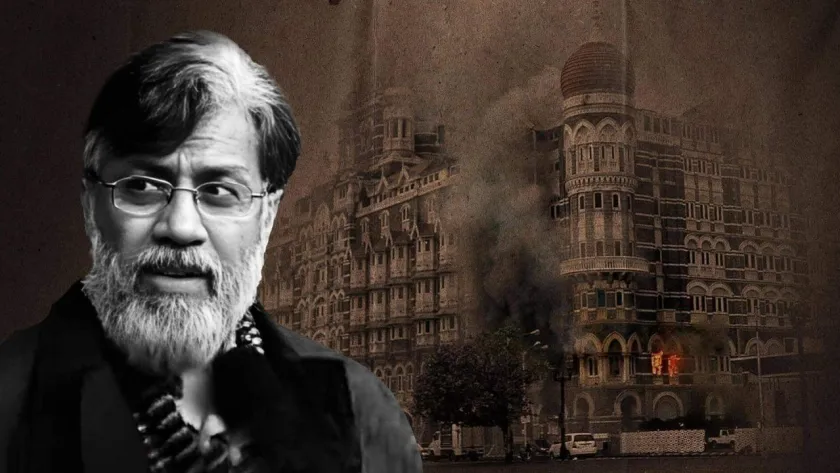
US Supreme Court Rejects 26/11 Accused Tahawwur Rana’s Plea to Block Extradition to India
2025-03-08






















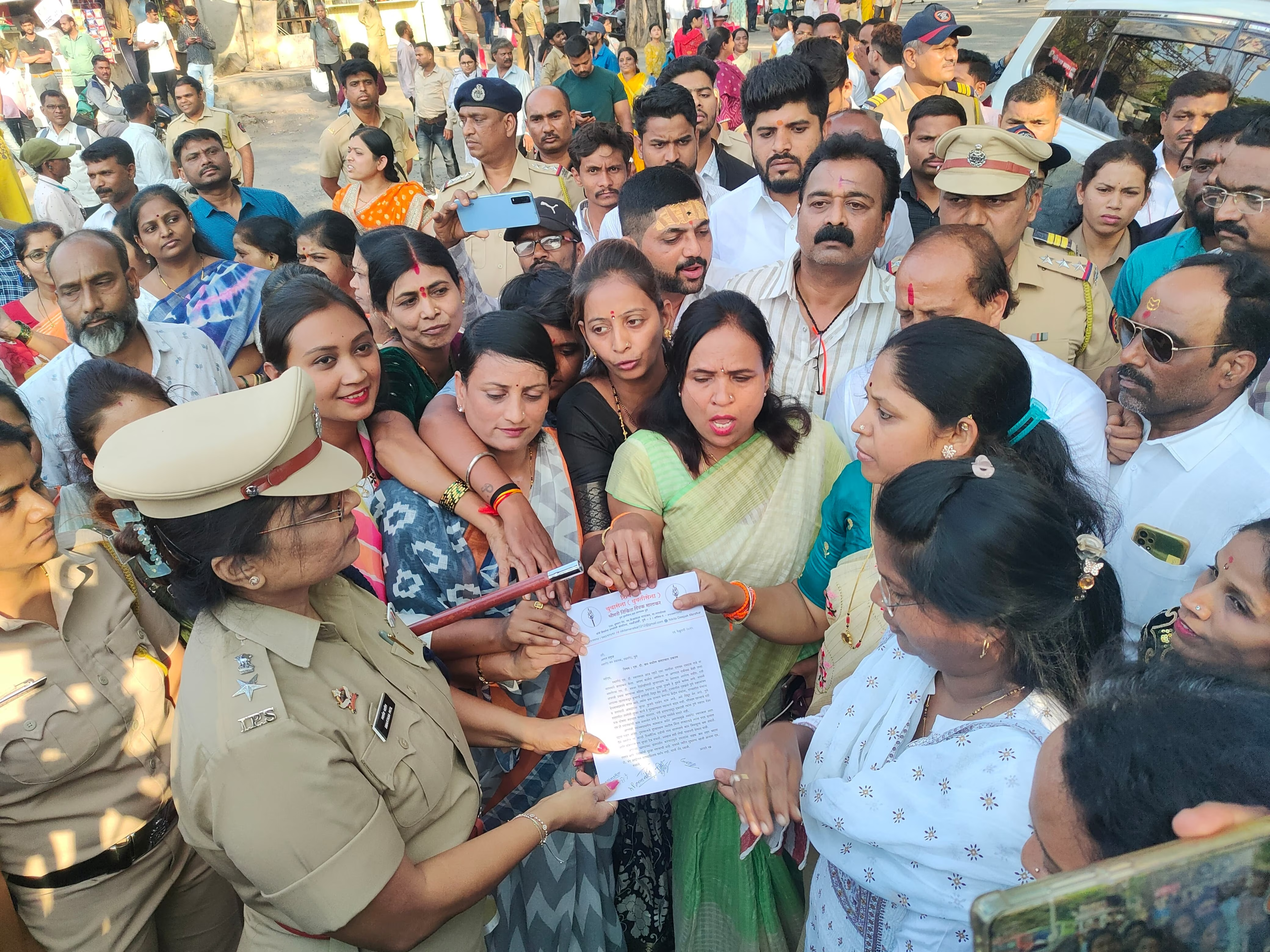

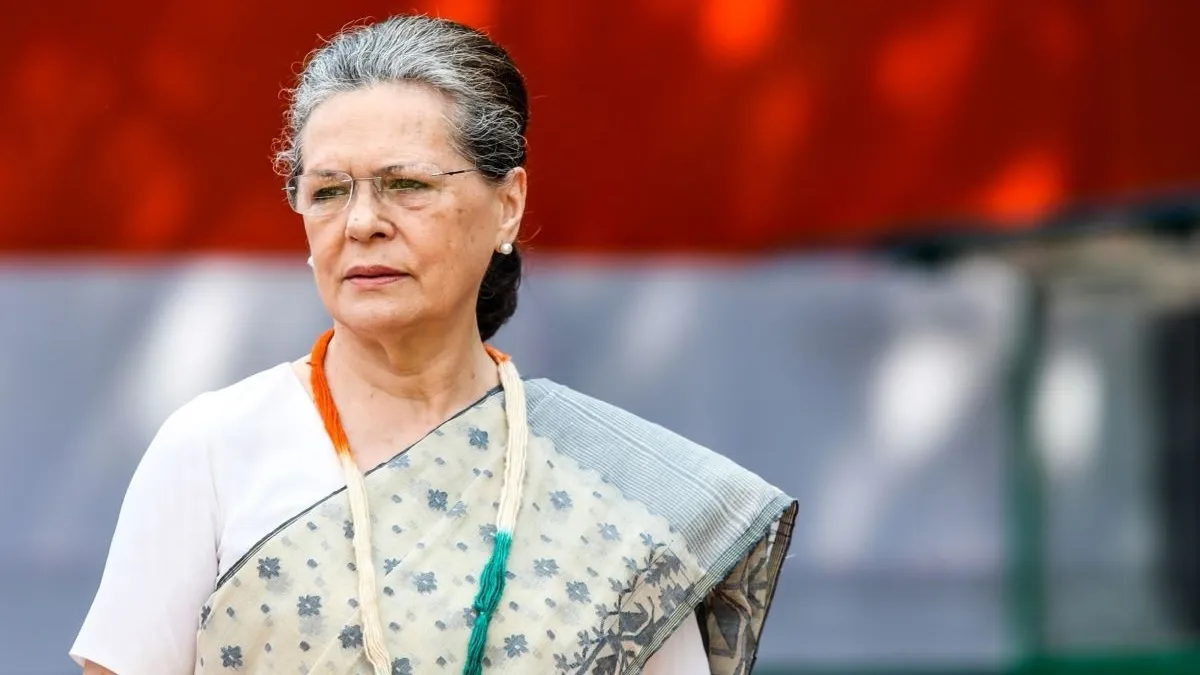
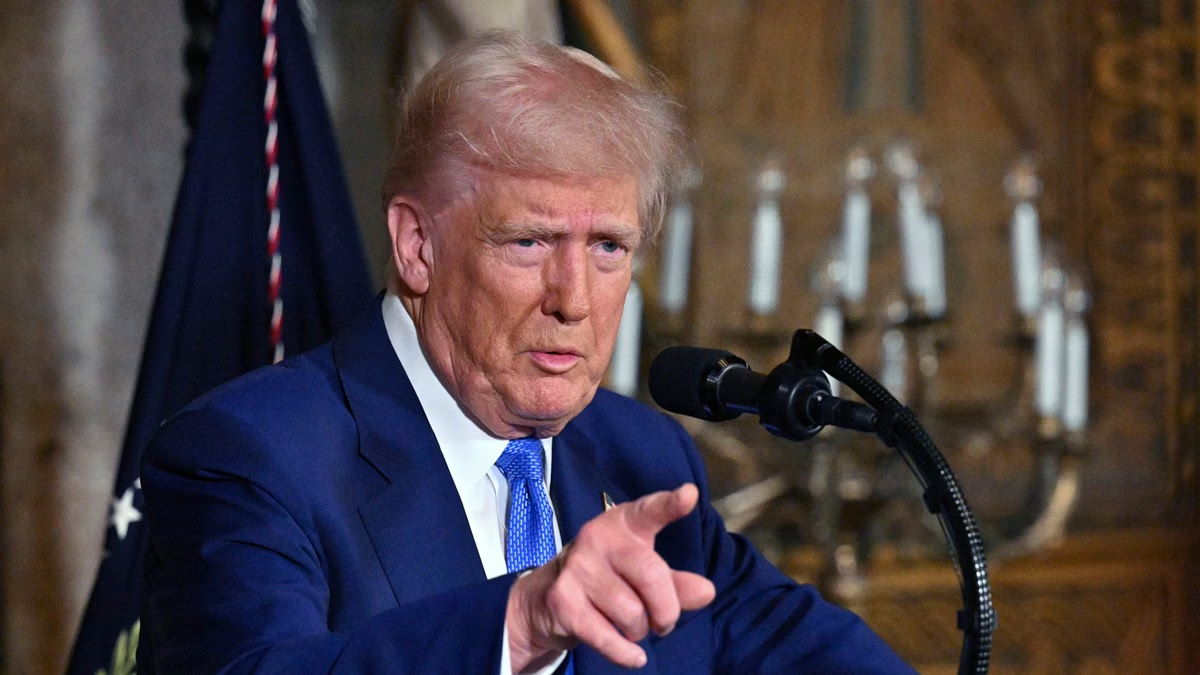

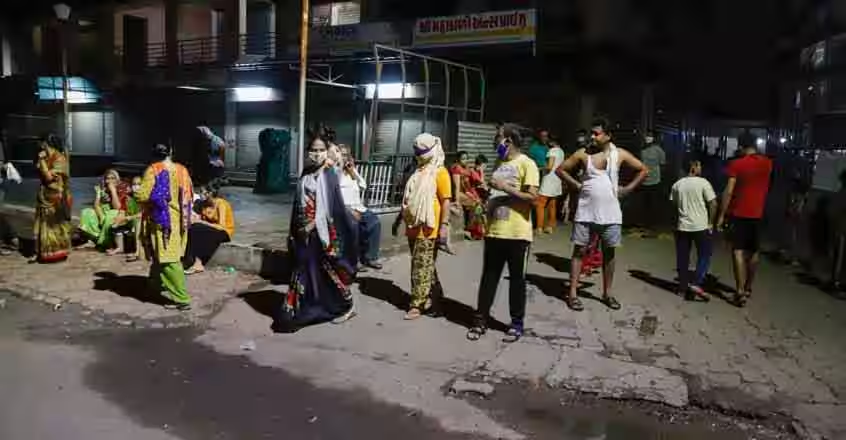












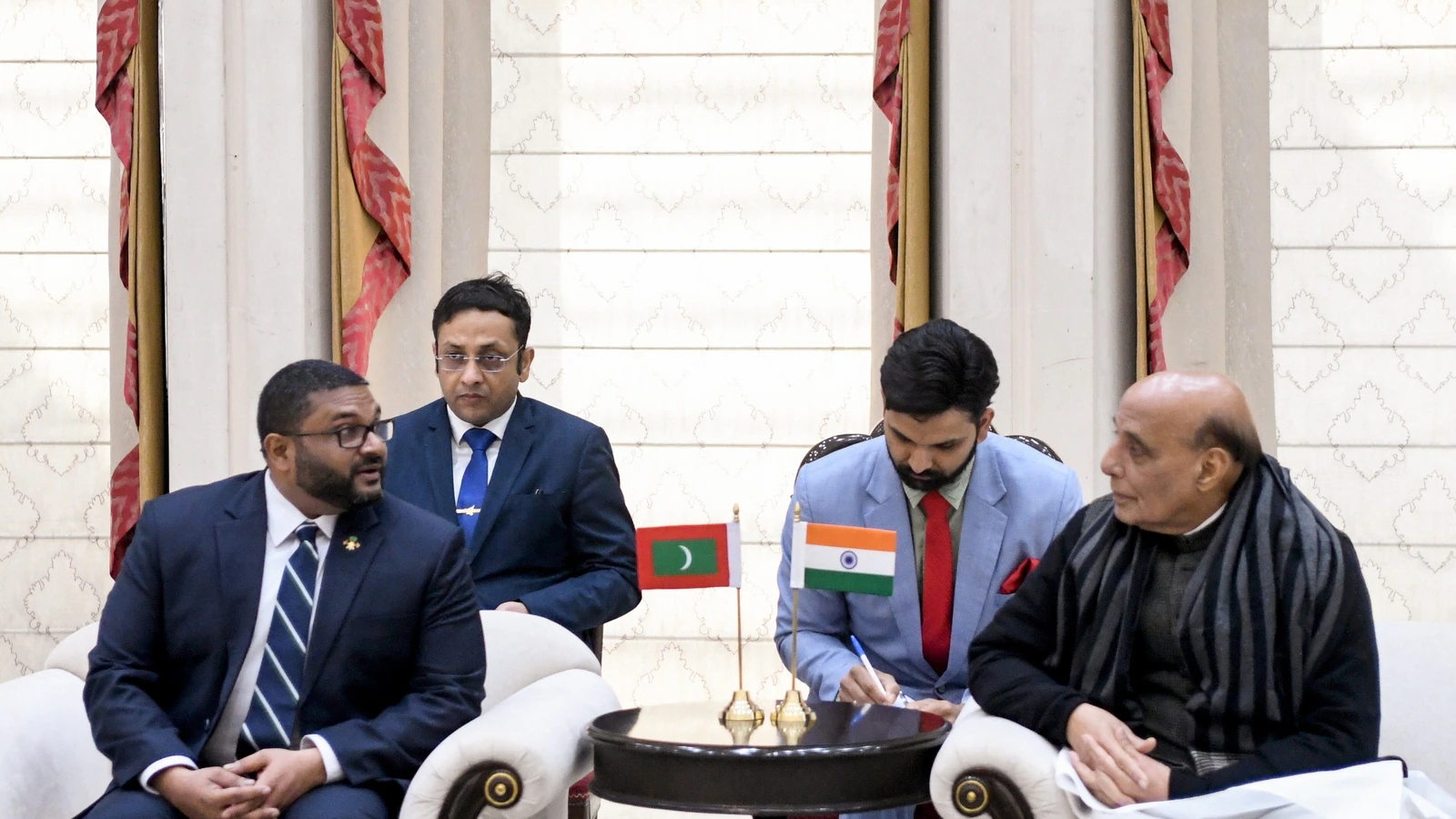

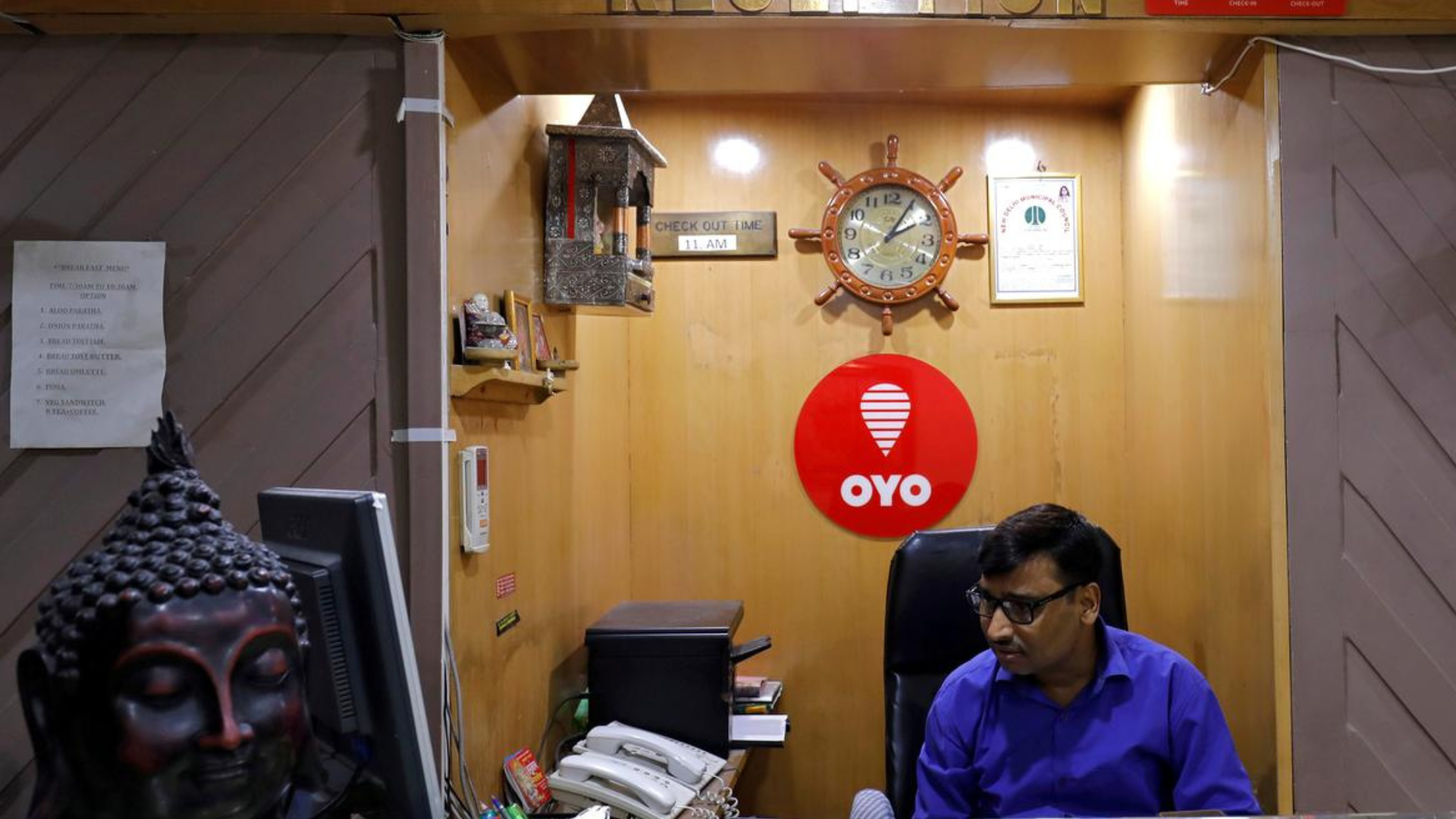

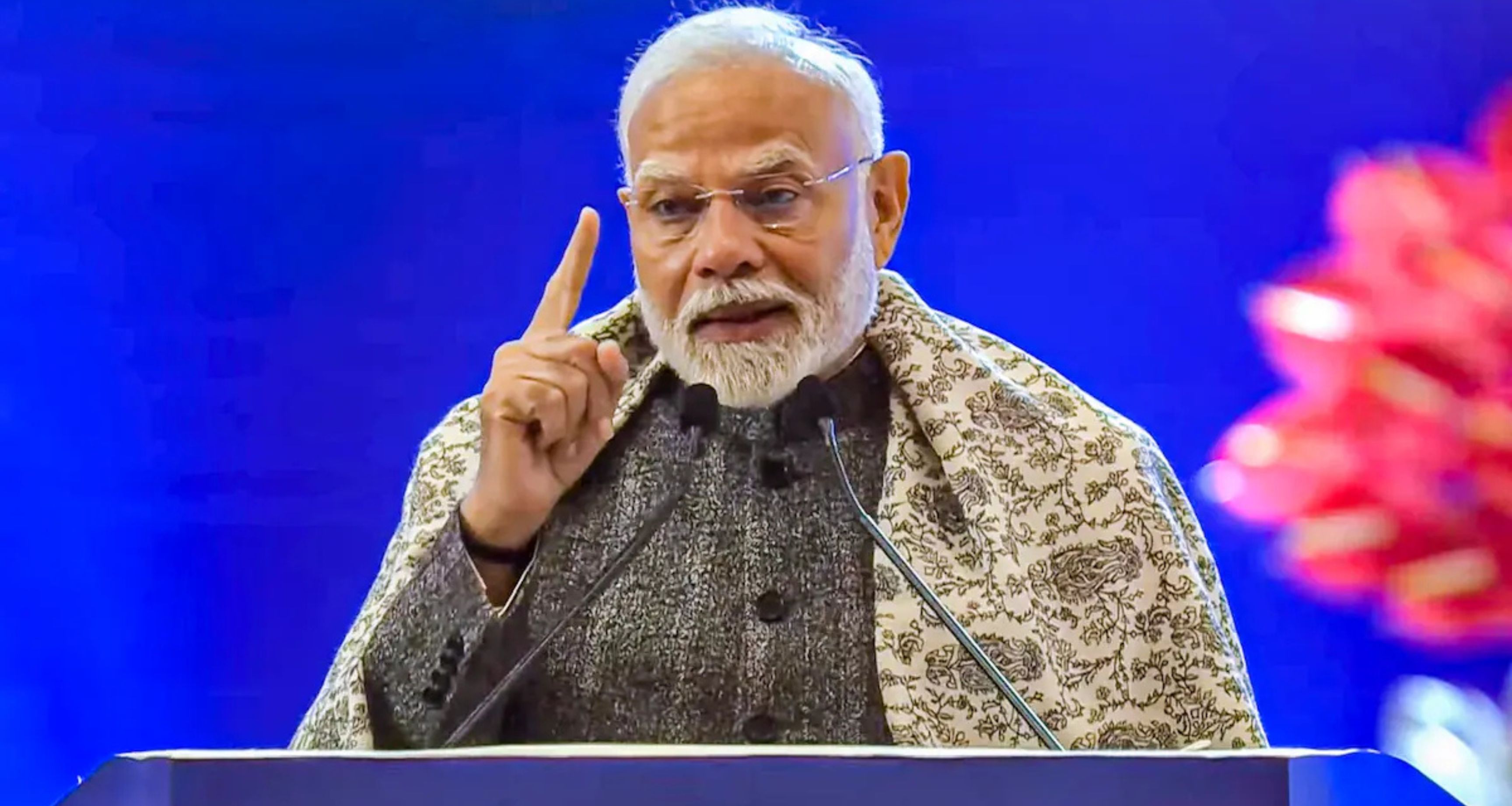
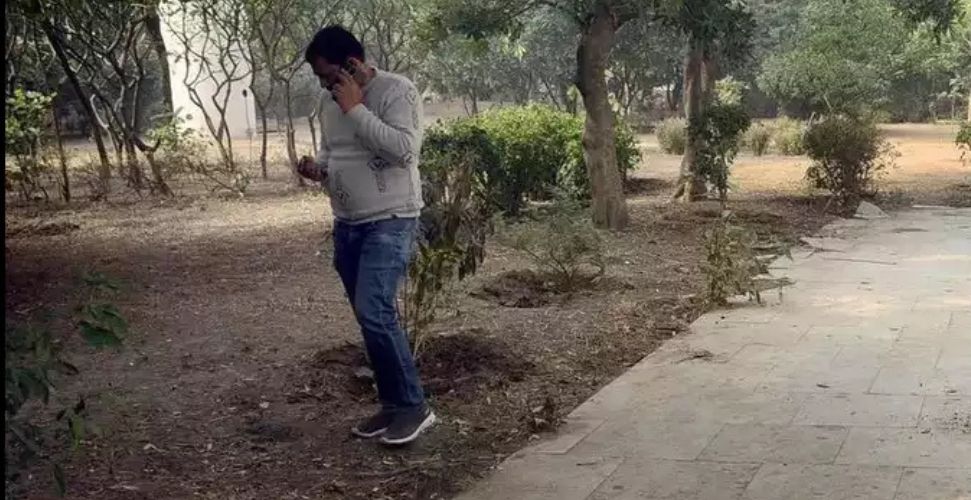







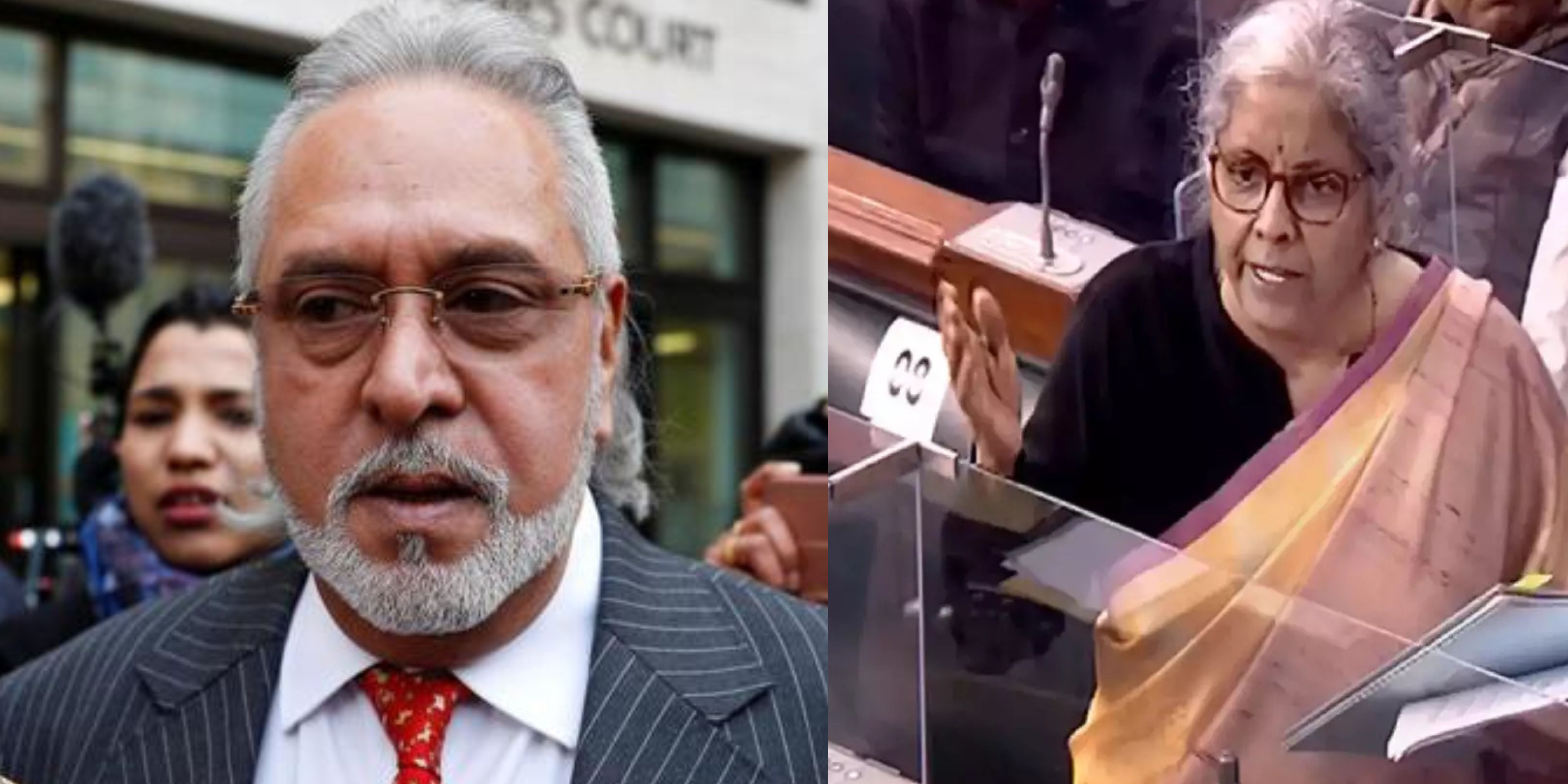

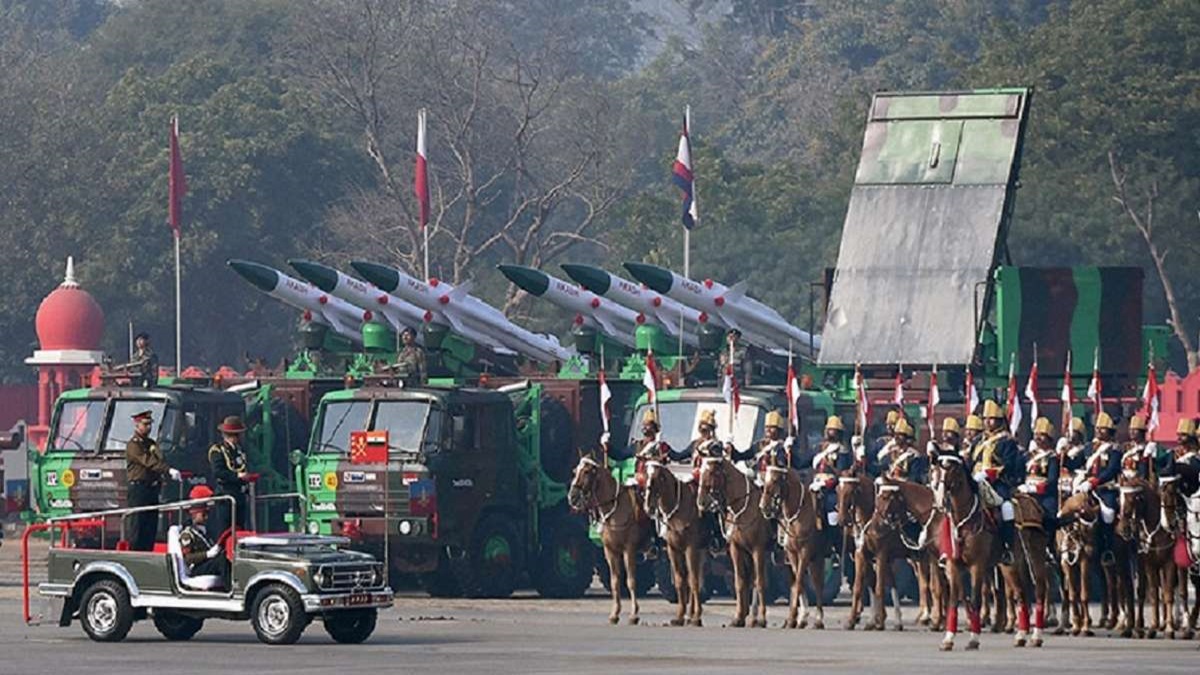


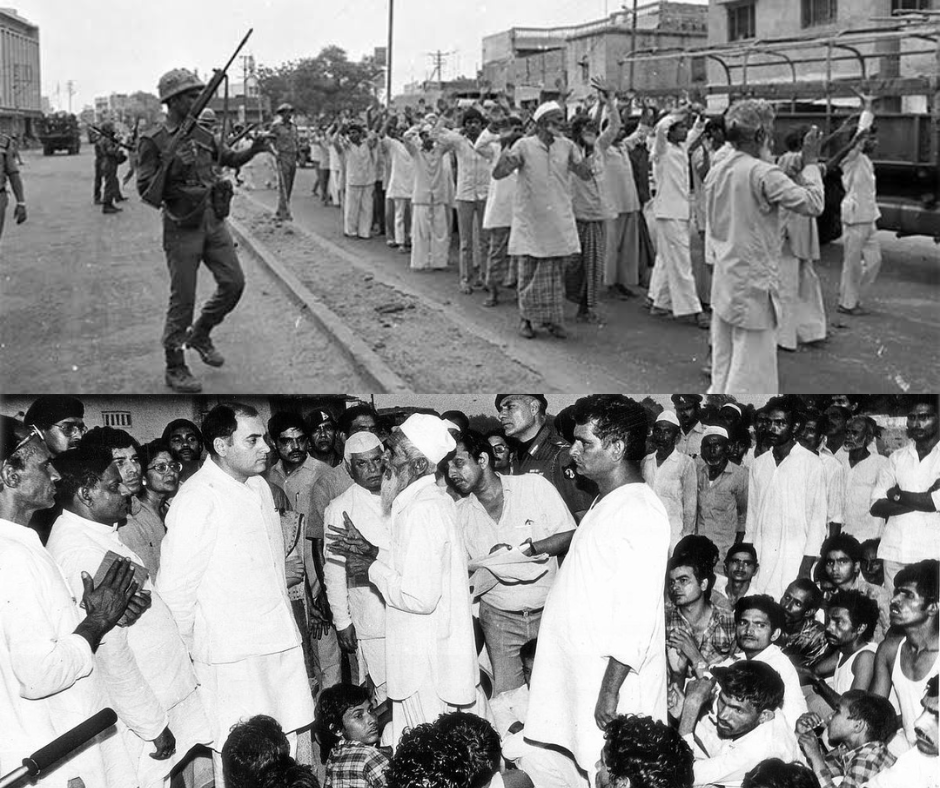




.jfif)
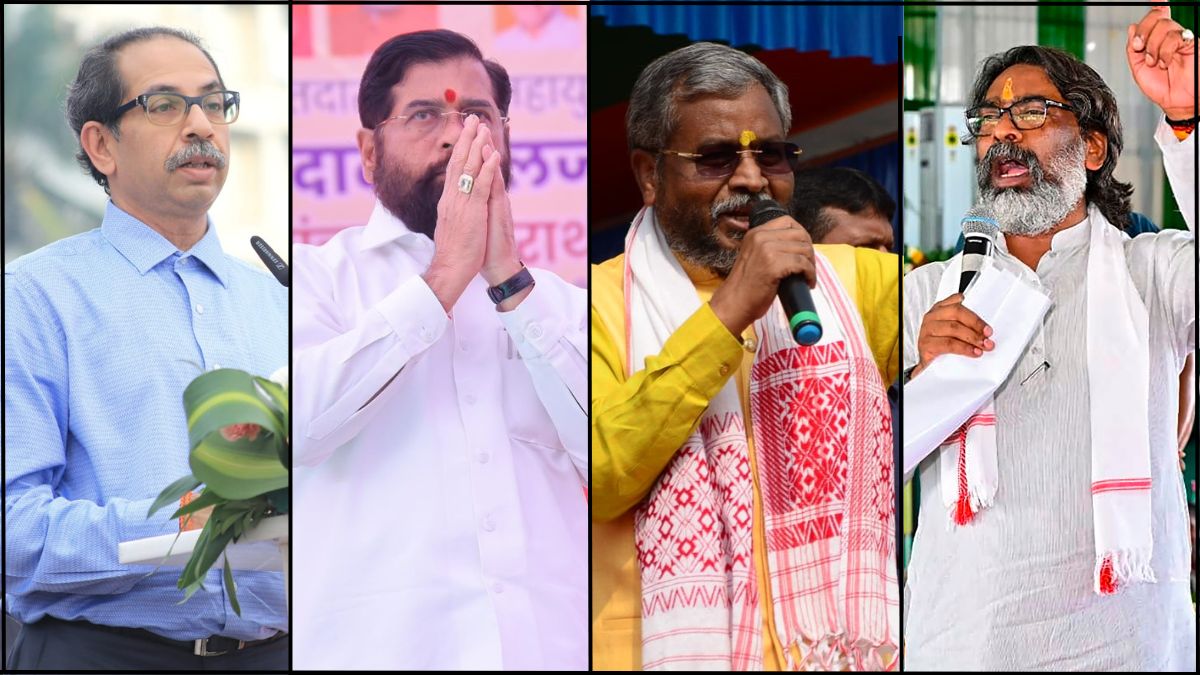


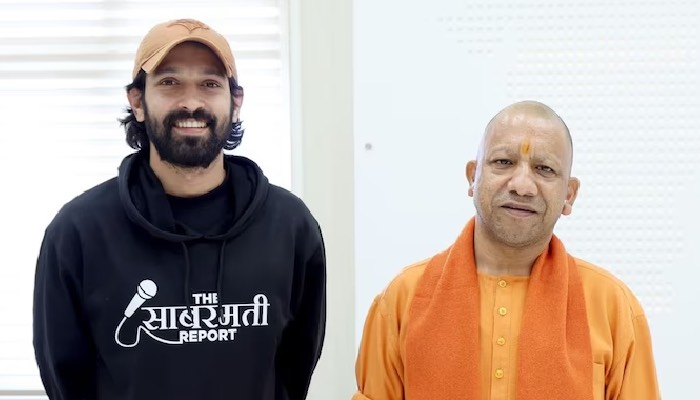
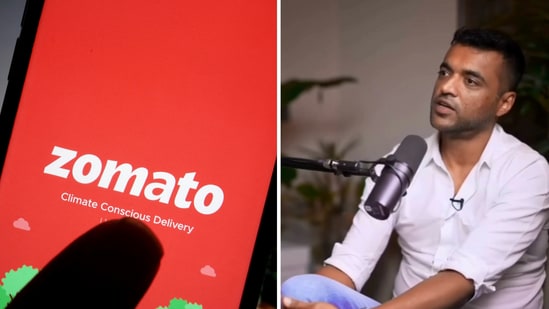
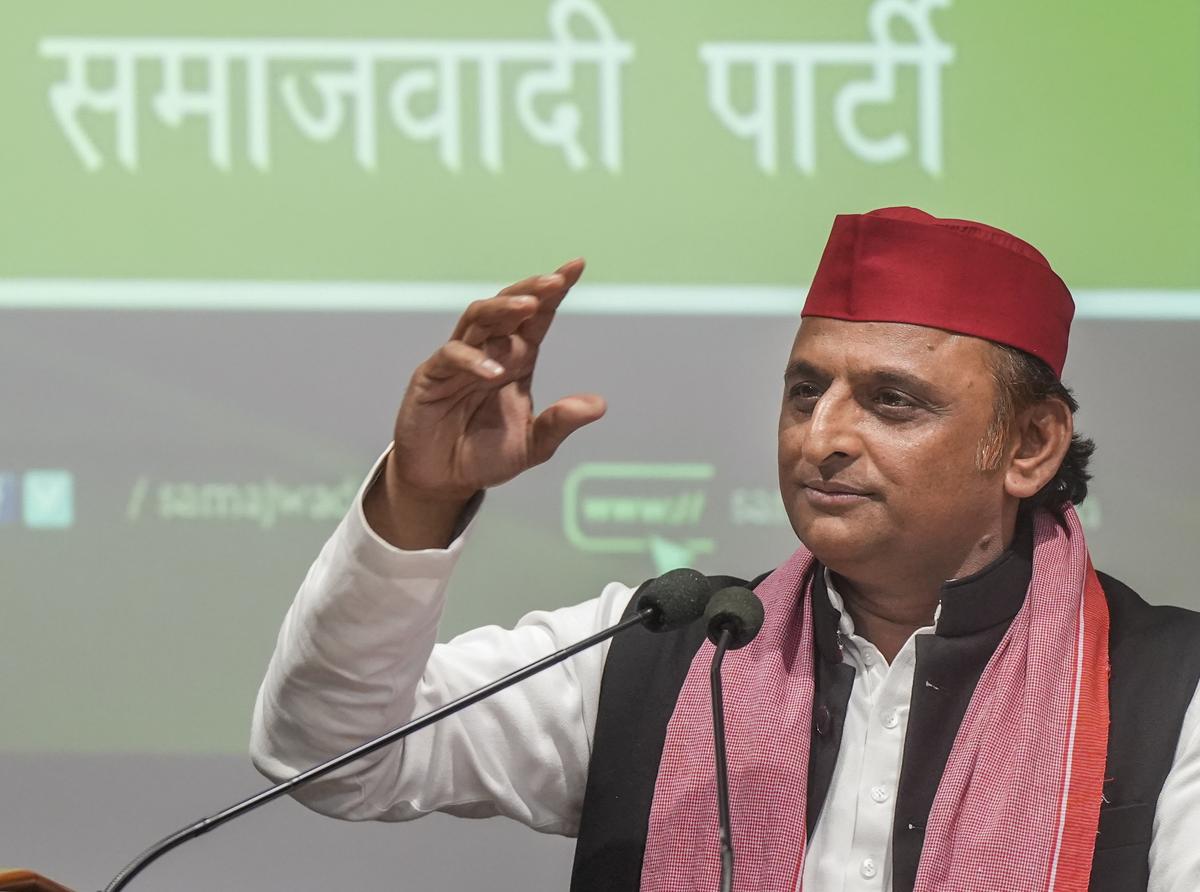

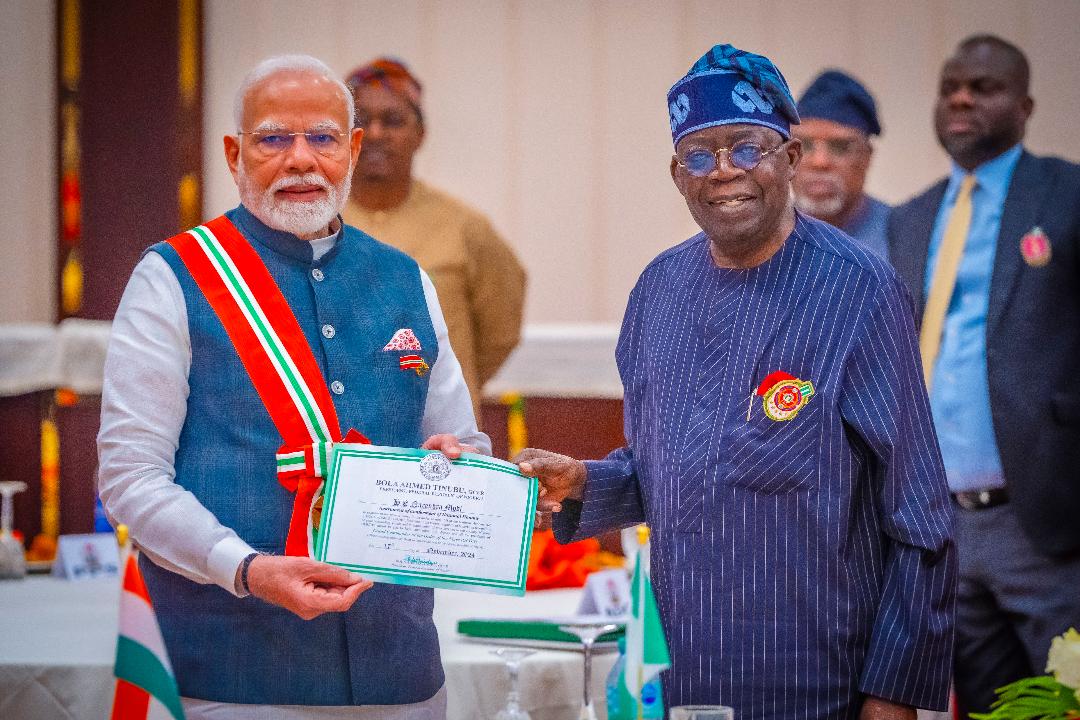

.jpg)





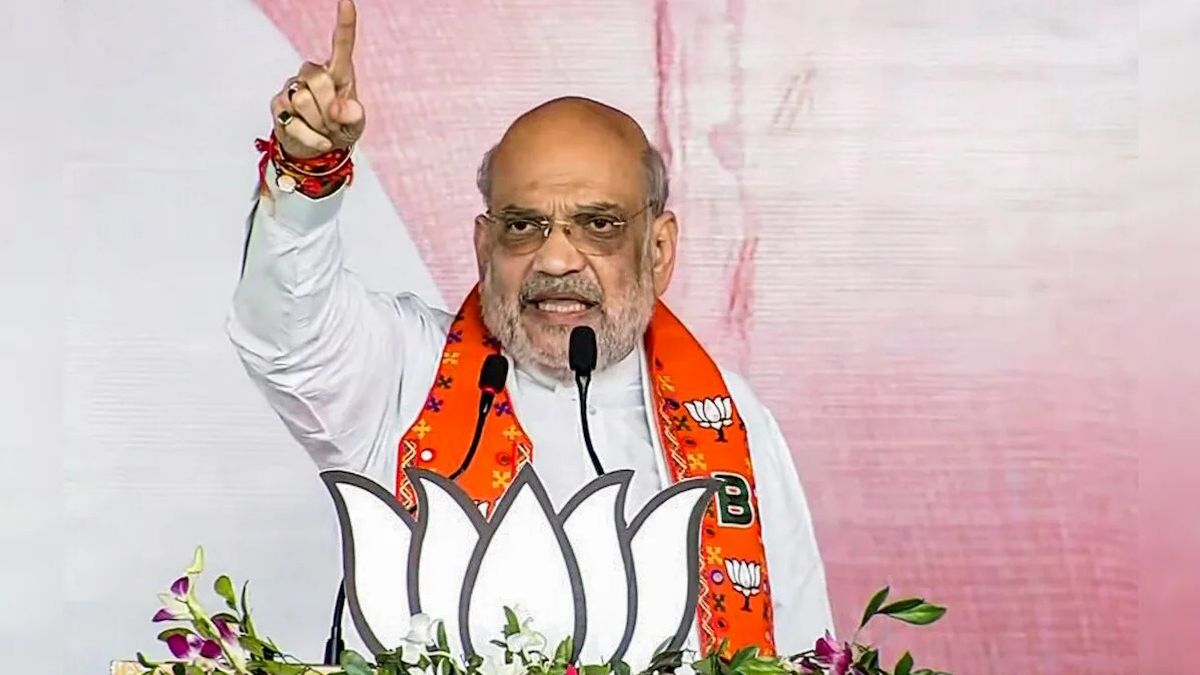


























































































.png)
 (1).png)























